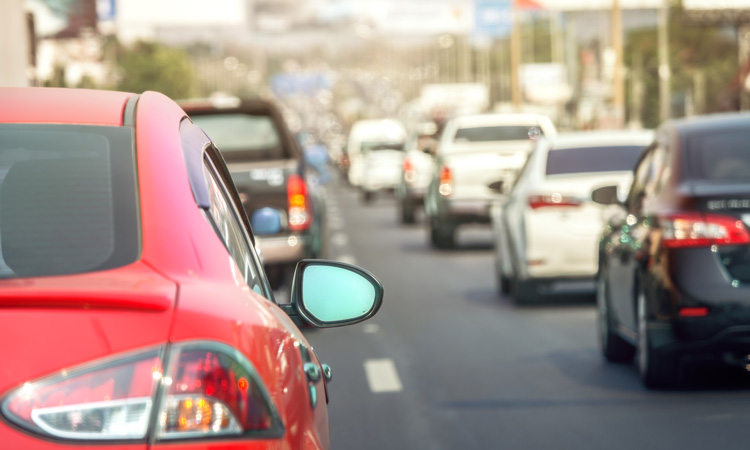Survey suggests cars will remain dominant post-pandemic
- Like
- Digg
- Del
- Tumblr
- VKontakte
- Buffer
- Love This
- Odnoklassniki
- Meneame
- Blogger
- Amazon
- Yahoo Mail
- Gmail
- AOL
- Newsvine
- HackerNews
- Evernote
- MySpace
- Mail.ru
- Viadeo
- Line
- Comments
- Yummly
- SMS
- Viber
- Telegram
- Subscribe
- Skype
- Facebook Messenger
- Kakao
- LiveJournal
- Yammer
- Edgar
- Fintel
- Mix
- Instapaper
- Copy Link
Posted: 14 April 2021 | Intelligent Transport | No comments yet
A new survey has suggested that encouraging people back onto public transport will not be a simple task once restrictions ease further in the UK.


Cars will still be the dominant mode of transport according to the survey
Cars will continue to be the preferred mode of transport for around half of journeys post-COVID, a survey of travel plans has revealed, putting climate targets and a fair economic recovery at risk according to leading sustainable transport charity Campaign for Better Transport.
The survey, which was carried out last month, asked people what modes of transport they used before the pandemic for various activities and which they intend to use once all restrictions are lifted. It showed the UK adult population largely expecting to choose to travel as they did before the pandemic, with private cars remaining the dominant form of transport for around half of trips for shopping (50 per cent vs. 49 per cent before the pandemic), leisure (54 per cent vs. 52 per cent) and personal matters (53 per cent vs. 52 per cent).
The proportion of people who intend to use public transport once restrictions are lifted is very similar to the proportion who used it before the pandemic, but this is likely to be affected by the kinds of journeys people need to make in the future.
“Cars are the main contributor to carbon emissions and lethal air pollution, so returning to a car-dominated transport network is simply not an option post-COVID. Our research highlights that unless the Government does more to promote public transport and encourage its use, we cannot hope to reduce harmful emissions or build back in a way that is fair and sustainable,” said Paul Tuohy, Chief Executive of Campaign for Better Transport.
Perhaps most worryingly, the research revealed that a fifth (20 per cent) of UK adults say nothing would currently encourage them to increase their use of public transport, rising to 29 per cent among those aged 55 and over. This suggests that restoring confidence in the safety of public transport will not be a simple task in a post-COVID world.
“The Government must act to ensure people feel confident choosing public transport. Public transport, along with cycling and walking, should be the first choice for journeys, and the Government must start getting that message out there,” added Tuohy.
“As well as flying the flag for public transport, the Government could help immediately boost passenger numbers and reduce car use by introducing flexible rail tickets for the millions of part-time commuters returning to our towns and city centres over the coming months.”
Related topics
Air Quality, Alternative Power, COVID-19, Passenger Accessibility, Passenger Experience, Public Transport, Transport Governance & Policy, Vehicle & Passenger Safety
Related modes
Car
Related organisations
The Campaign for Better Transport (CfBT)
Related people
Paul Tuohy








